📝 Introduction: Why Timeshare Maintenance Fees Always Increase
For many timeshare owners, one of the biggest frustrations is why timeshare maintenance fees always increase year after year. What starts as a reasonable annual payment can quickly grow into a serious financial burden. These rising fees often outpace inflation, leaving owners trapped in contracts with no clear way out. Understanding how and why these fees increase is the first step toward taking back control.
What Timeshare Maintenance Fees Are Supposed to Cover
On paper, timeshare maintenance fees are meant to fund the ongoing care and operation of the resort, including:
- Housekeeping and routine repairs
- Landscaping and common area upkeep
- Utilities and insurance
- Contributions to a reserve fund for future renovations
While these purposes seem reasonable, the way fees are structured often leads to relentless increases.
The Reality: 5 Reasons Why Timeshare Maintenance Fees Always Increase
1. Developers Control the Budget
Most owners have little to no say in how budgets are set. Developers often retain control of the resort’s management company, allowing them to raise timeshare maintenance fees with minimal resistance.
2. Inflated Administrative Costs
Fees often include corporate overhead, profits, and commissions—costs that have nothing to do with actual property maintenance.
3. Unpredictable Special Assessments
Unexpected costs such as storm damage or renovations are passed directly to owners as special assessments, driving maintenance fees even higher.
4. Perpetual Increases Built Into Contracts
Many contracts allow annual increases at the developer’s discretion. This is why timeshare maintenance fees almost always rise, often faster than inflation.
5. Lack of Accountability
Unlike traditional homeowners’ associations, timeshare owners rarely have voting power over budgets or fee increases, making the system inherently one-sided.
The Numbers Behind Rising Timeshare Maintenance Fees
- Early 2000s: Average annual fees were under $400.
- 2024: Average annual fees tripled to $1,200–$1,800 per week.
- Many owners see annual increases of 8–10%, far above inflation.
A family paying $800 in 2010 may now owe over $1,600 for the same usage—proving why timeshare maintenance fees always increase over time.
The Emotional Toll of Escalating Maintenance Fees
Beyond the financial impact, rising fees create a deep sense of stress and entrapment. Owners often feel stuck in contracts where costs rise without control, even if they rarely use their timeshare.
What Owners Can Do About Increasing Timeshare Maintenance Fees
🔍 1. Get a Professional Contract Review
Identify misrepresentations or unfair clauses that may open the door for cancellation.
✍️ 2. Explore Exit Options
Professional timeshare exit services and legal teams can help you cancel your contract and end maintenance fees for good.
📚 3. Educate Yourself
Understanding your rights is essential to avoid paying rising fees indefinitely.
Real Client Story: “We Watched Our Fees Double”
“When we bought in, our fees were $750 a year. Ten years later, they were nearly $1,600. We couldn’t keep up. After working with an advocate, we were finally able to cancel our contract and stop the endless increases. It felt like freedom.”
— Michelle & David, Former Timeshare Owners
Closing: You Can Break the Cycle of Rising Timeshare Maintenance Fees
Why timeshare maintenance fees always increase isn’t a mystery—it’s built into the system. But that doesn’t mean you’re stuck forever. By taking action, you can stop the cycle and regain control of your finances.
👉 Take Control of Your Timeshare Costs
Ready to see if you qualify to cancel your timeshare and stop paying maintenance fees?
➡️ Schedule a Free Consultation today and speak with a trusted advocate.
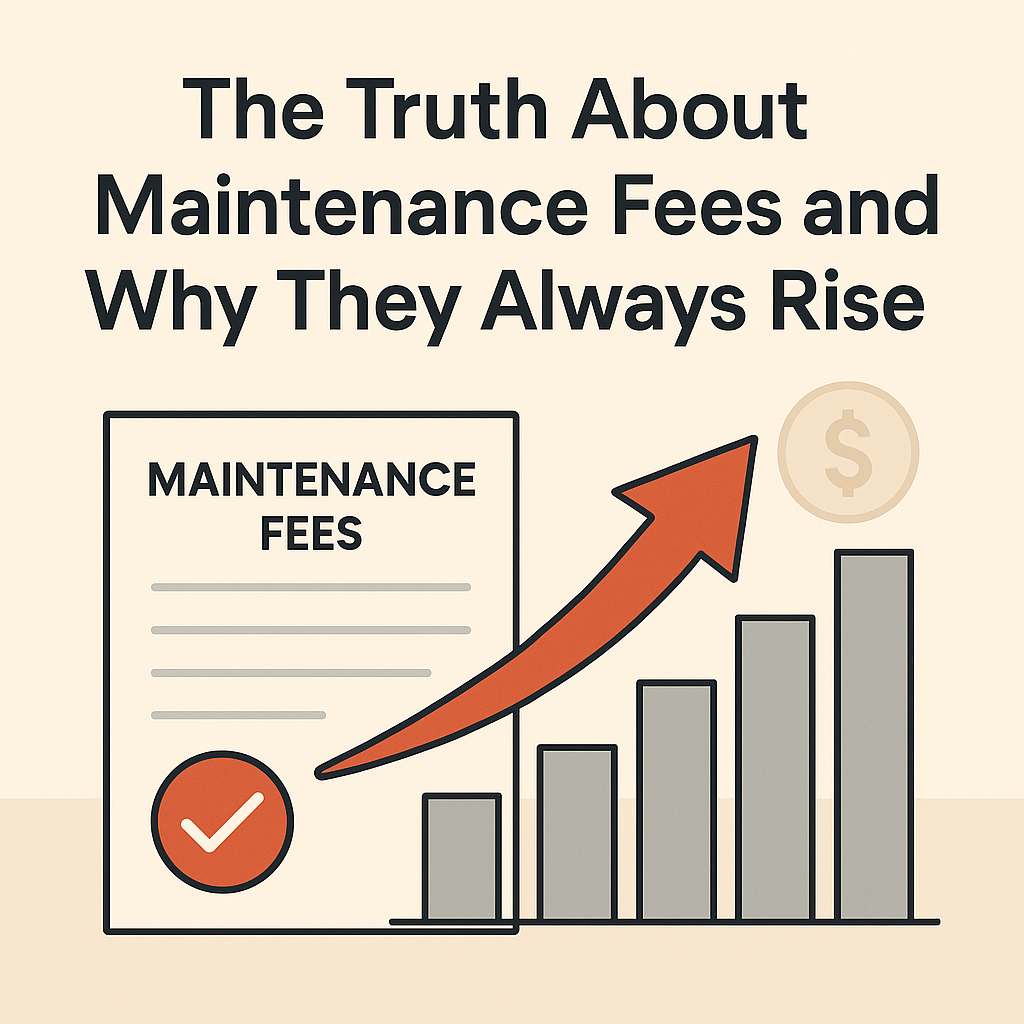
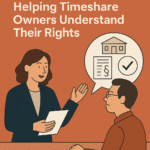
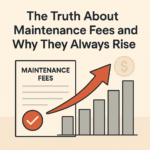
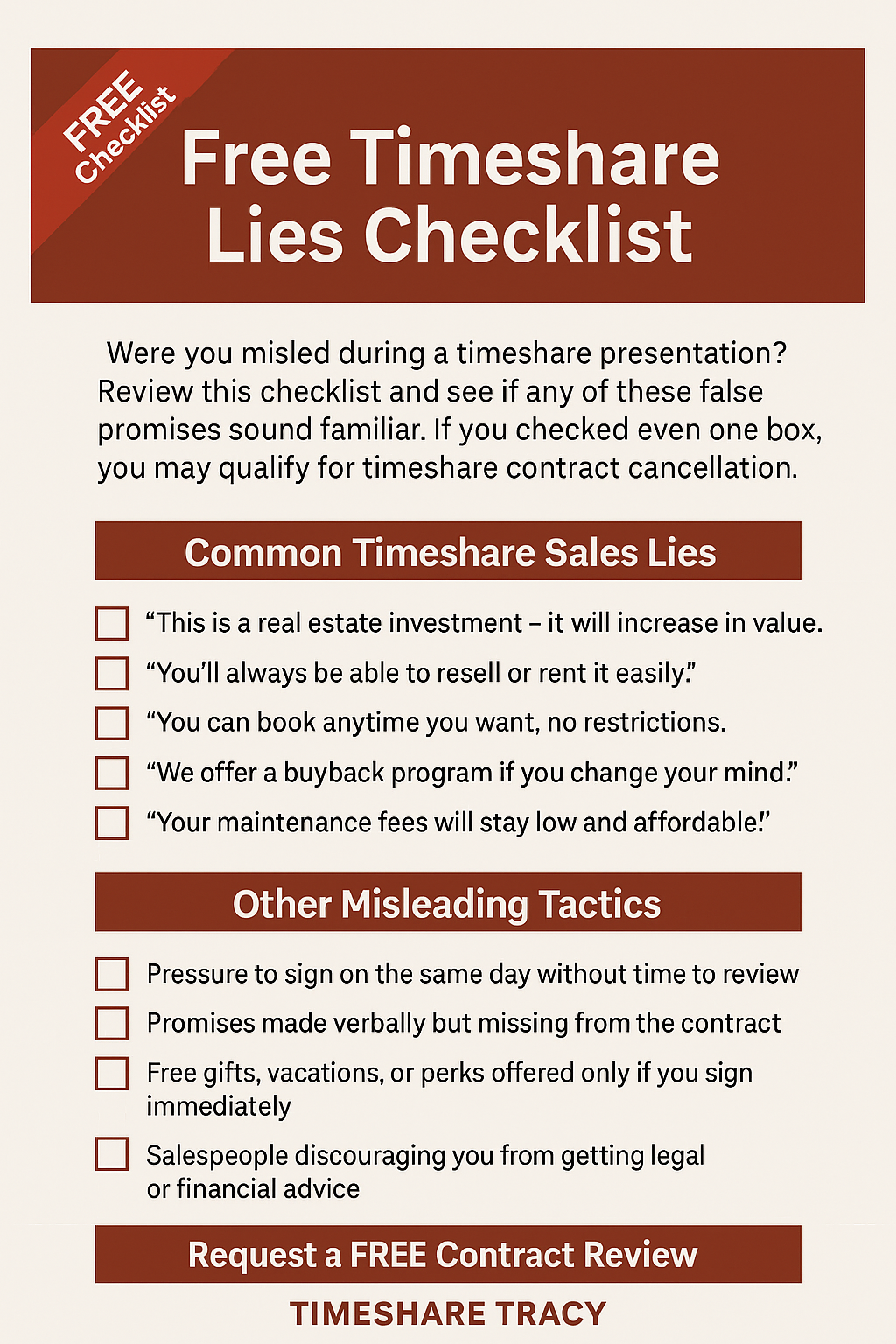


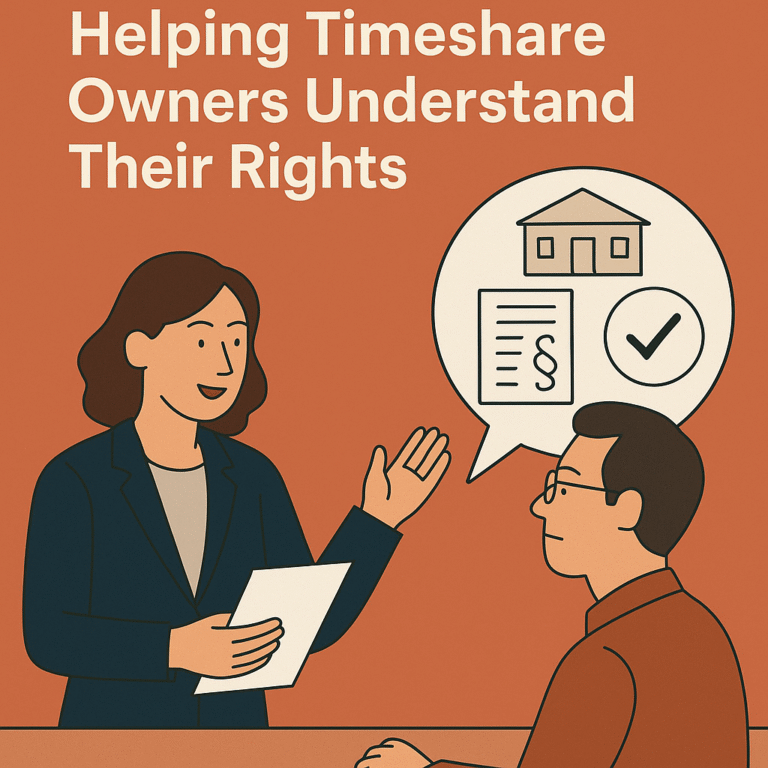




CreativeFlow
Bookmarked for future inspiration!